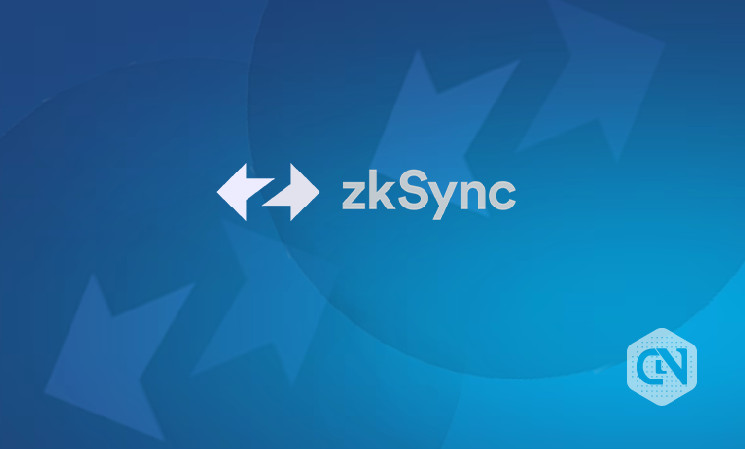zkSync Era is undergoing an upgrade and has some great news for users and builders. Following its most recent upgrade (VM version 1.4.2, Protocol version 22), which introduced EIP-4844 support and significantly decreased our fees by a factor of 10, now is the opportune moment to introduce some novel functionalities and enhancements to Protocol v24.
The company encountered certain difficulties with v23 in its internal environments before deciding to standardize the enhancements
A few of the enhancements to the new version will include the addition of EVM curve operations precompiles, the zkSync Bridgehub, and a new precompile for P256Verify. Furthermore, certain operations have adopted revised pricing structures.
Establishing trust and interoperability requires compliance with specific ZK Stack chain quality requirements. To manage proof authentication across all chains, a standard set of Layer 1 smart contracts is required. A fair scaling to proof mechanism implementation is required of all chains.
Shared bridges are an important part of bringing about unified liquidity in the ecosystem. A single bridge contract on Layer 1 will connect every L1 asset (ETH and ERC20s). These bridges facilitate user operations, such as withdrawals and deposits, across all ZK Stacks. There is also the positioning of their equivalents on the ZK Stack Chain.
The zkSync Bridgehub serves as the primary component that facilitates communication between bridges and all ZK Stack chains contracts through a centralized point; it enables L1 assets, including L3s and validiums, to be secured in the same contract across all chains. Furthermore, all chains register at this connection point to interact with the mailboxes of other chains, request L1>L2 transactions, and register to enter the ecosystem.
State Transition Manager (STM) contracts are intended to authenticate proofs associated with all chains. Additionally, it is accountable for implementing a DiamondProxy for every chain, which serves as the principal constituent and final representation of a chain on L1.
Read the full article here

